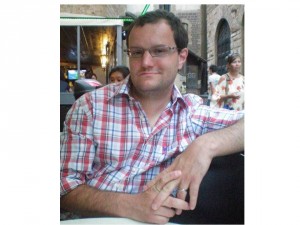Abstract:
This paper defends the Causal Principle ‘everything that begins to exist has a cause’. Contrary to the claims of some scientists and philosophers, fundamental physics does not exclude efficient causation and quantum physics has not shown that the Causal Principle is violated given that (1) quantum events do not begin to exist without necessary conditions, (2) our current understanding of physics is limited, and (3) there are viable deterministic interpretations of quantum phenomena. On the other hand, (1) an inductive argument, (2) an argument from the concept of non-being, and (3) a Modus Tollens argument have been offered in the literature in support of the Causal Principle. I explain why the third argument is superior to the other two, and I develop this argument in response to the objection that, even if things do not begin to exist uncaused within our universe, it might be the case that our universe itself begun to exist uncaused (Oppy 2010; 2015; Almeida 2019).
Date: 26 March 2020
Time: 2pm to 4pm
Venue: Philosophy Meeting Room (AS3-05-23)
Dr Andrew Loke (PhD, King’s College London) is Associate Professor in the Department of Religion and Philosophy at Hong Kong Baptist University. He is the author of God and Ultimate Origins (Springer Nature), The Origins of Divine Christology (Cambridge University Press), A Kryptic Model of the Incarnation (Routledge), and articles in leading international peer-reviewed journals such as Australasian Journal of Philosophy and International Journal for Philosophy of Religion.
All are welcome



